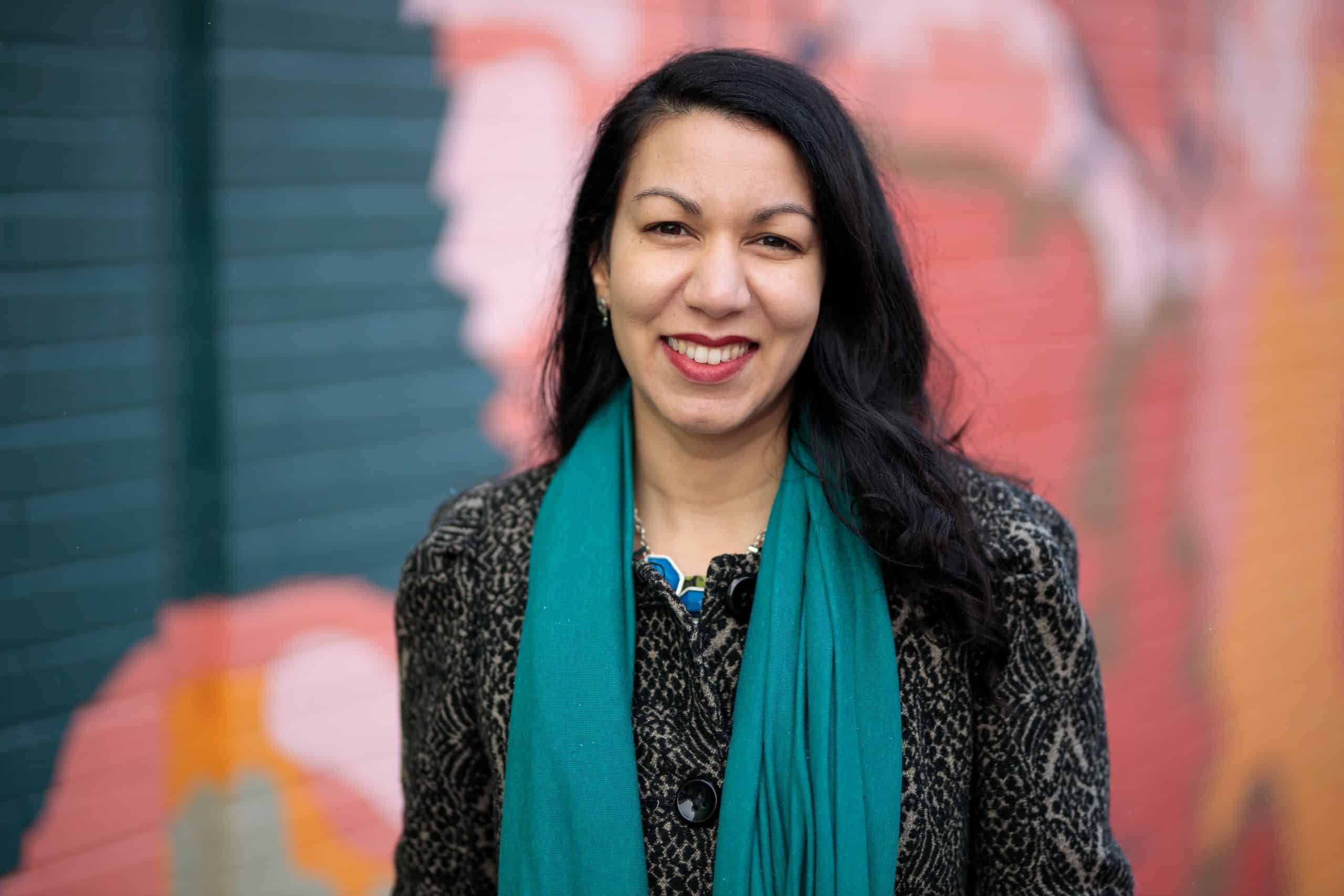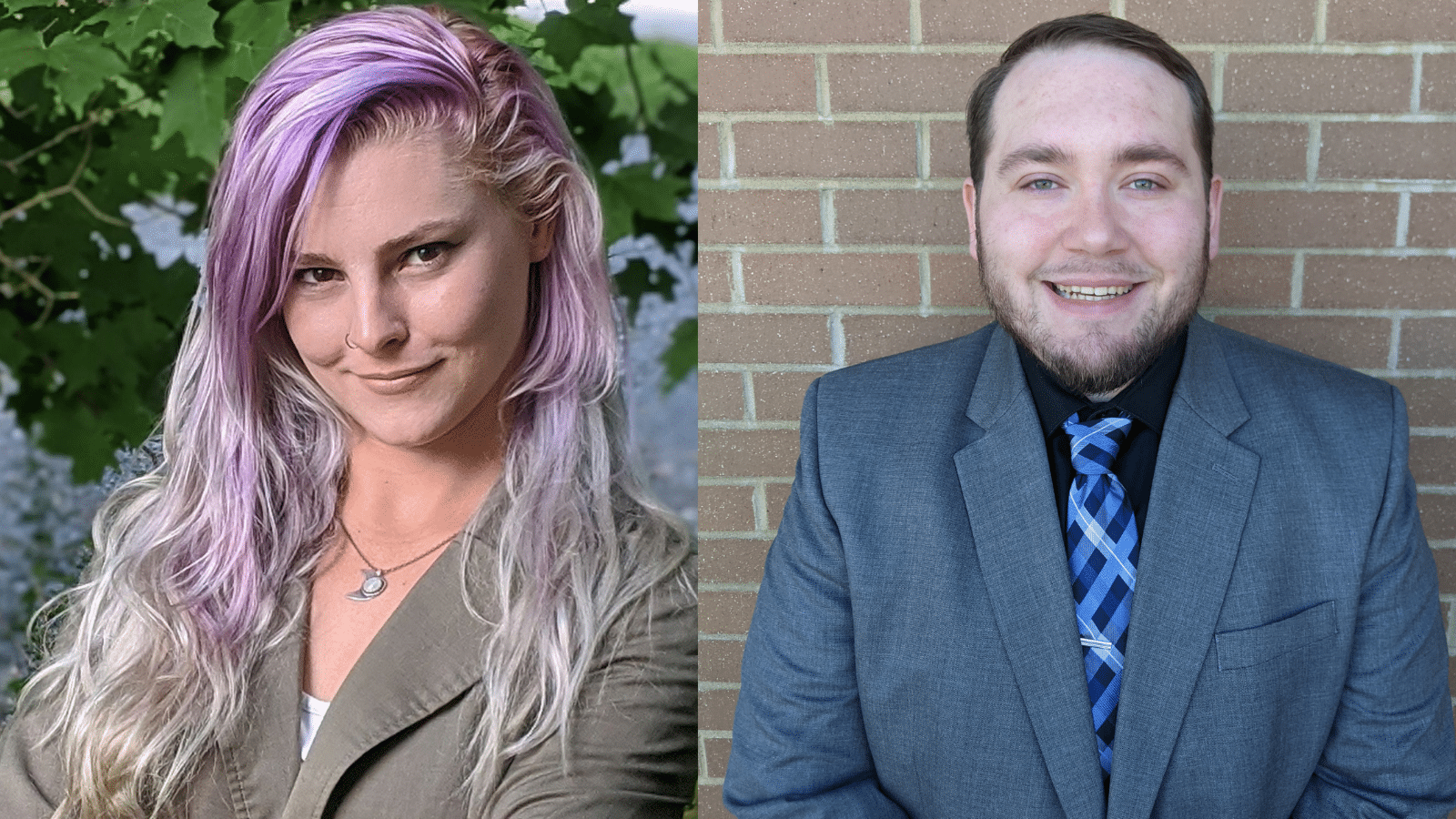
Vermont Law School’s Environmental Justice Clinic worked alongside legislators to develop language for a new bill.
May 19, 2021
Thanks to a bill introduced a few weeks ago by Vermont State Senator Kesha Ram, Vermont may soon adopt its very first environmental justice policy. The new legislation aims to combat the disproportionate impacts of pollution, inadequate housing and transportation, and other injustices on BIPOC and low-income Vermonters. It would require state agencies to incorporate environmental justice in their work, establish an Advisory Council on Environmental Justice within the Agency of Natural Resources, and create an environmental justice mapping tool for the state.
According to Mariah Harrod JD’22, a Vermont Law School (VLS) student who helped draft the bill, this type of policy is long overdue. “Vermont is one of very few states remaining without an environmental justice policy,” she said. “Yet the state needs such legislation to address issues like disproportionate PFAS exposure, mobile home safety during extreme weather events, and access to amenities like public transport and green spaces.”
Harrod got involved in drafting the bill while working in VLS’s Environmental Justice Clinic. Since its founding in late 2019, the clinic has been part of the REJOICE (Rural Environmental Justice Opportunities Informed by Community Expertise) project, which aims to build an environmental justice policy that meets the needs of Vermonters.
“The Environmental Justice Clinic and a growing consortium of partners have been developing a comprehensive survey of environmental and climate justice law and policy across the 50 states and territories,” said clinic director Amy Laura Cahn. “Understanding the existing landscape helps advocacy for stronger protections across the country. Tyler’s and Mariah’s work builds on those efforts—and brings it home to Vermont.”
“Vermont is one of very few states remaining without an environmental justice policy. Yet the state needs such legislation to address issues like disproportionate PFAS exposure, mobile home safety during extreme weather events, and access to amenities like public transport and green spaces.”
–Mariah Harrod

As clinicians, Harrod and fellow VLS student Tyler Doan JD’22 began meeting regularly with the coalition to discuss what the policy should include. They built on the work of clinic fellows and supervisors Jennifer Byrne and Ruthie Lazenby—as well as previous EJ clinic students and the broader coalition, who have worked for years to engage the community for input—to draft the “Findings” section of the bill. It convincingly outlines how BIPOC and low-income Vermonters bear the brunt of pollution, substandard housing and transportation, extreme weather events, and health issues like COVID-19.
“While I was expecting some interesting work in the clinic, I was not expecting to help draft legislation for the state of Vermont,” said Doan, who took away several important lessons from the experience: from the importance of framing issues in a way that everyone can understand and relate to, to developing clear and particular writing. “You cannot just say ‘people are affected by environmental justice,’” Doan said. “You have to explain how and why.”
“This project showed me the complexities of the legislative process,” added Harrod. “In legislative writing, there really is no pleasing everyone—the end product is the result of substantial compromise, politicking, and imperfect perspectives. Yet we all hope the bill accomplishes everything we intend it to.”
Doan looks back to when he first arrived in Vermont, not expecting environmental justice to be an issue in a state known for its idyllic rural setting and homogeneous population. “Doing this research opened my eyes to the glaring issues in Vermont and even my home state of New York that need to be addressed,” he said, adding that he plans to someday develop his own land use and environmental justice practice in New York after graduation.
Indeed, as fellow EJ clinic students Rico Edwards JD’22/MARJ’19 and Blake Whitehead MARJ’20 wrote in an EJ clinic blog post last summer, “In rural areas, there is an out-of-sight, out-of-mind attitude when it comes to deciding where to store toxins and dump waste. Instead of holding onto a vision of . . . Vermont ‘exceptionalism,’ we should hear the full story by listening to Vermonters in historically marginalized or politically excluded communities.”
By drafting and introducing this legislation, Senator Ram, the coalition, and the clinic have taken a big step in the right direction.